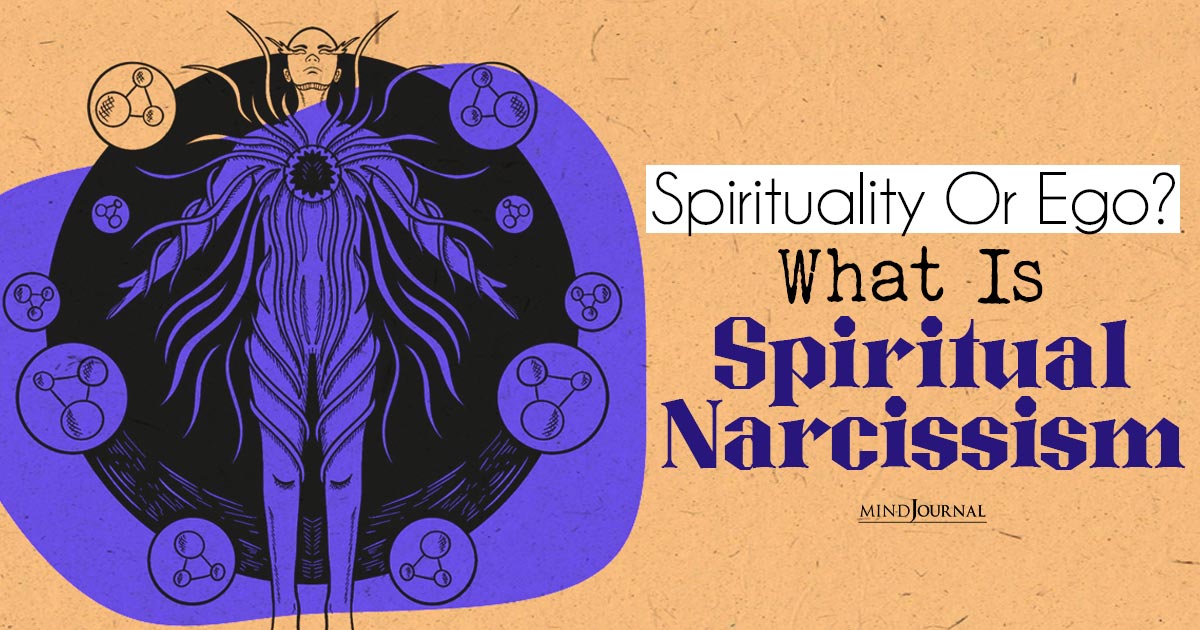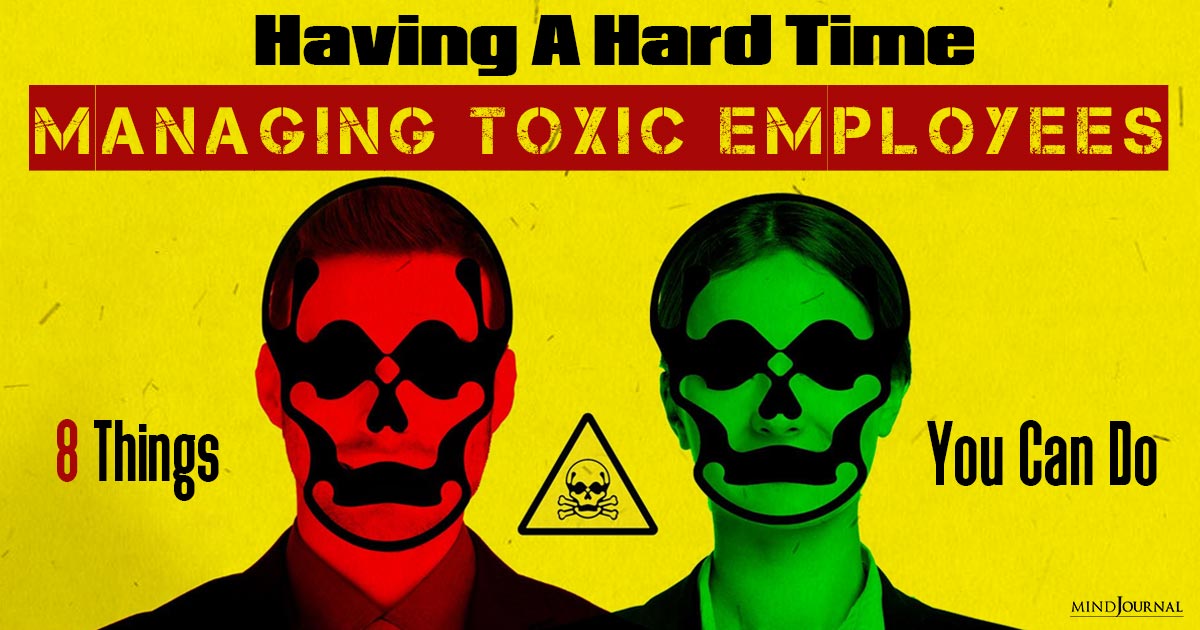Often people claim narcissists are dangerous especially those who have been personally victimized. In this 21st century, hard statistics and science are pointing out that we are living in an increasingly narcissistic world.
People who have been personally victimized by a narcissist will warn us that narcissists are dangerous through a cautionary tale – “When you dance with the devil (narcissists), the devil doesn’t change. The devil changes us.”
It means narcissists are more likely to engage in manipulative or game-playing behaviors and they will use, abuse and destroy us, which implies how dangerous narcissists are for us.
Narcissists are known to be excellent actors. Narcissists are dangerous as by their world-class performance they make us mesmerized and leave us feeling deflated, bewildered, and confused. They always like to paint a picture of themselves as victims in all aspects.
According to the American Psychiatric Association’s Diagnostic and Statistical Manual of Mental Disorders, Fifth Edition (DSM-5), Narcissistic Personality Disorder is defined as comprising a pervasive pattern of grandiosity (in fantasy or behavior), a continuing need for admiration, and a scarcity of empathy, beginning by early adulthood and present during a sort of contexts.
Many onlookers have a hard time believing that people we describe as narcissists are dangerous and that it is the hardest thing to get the truth out of them.
Related: The Dark Triad: How To Protect Yourself From The 3 Most Dangerous Personalities
As a mental health writer, I’m interested in exploring narcissism in the latter sense — as a pathology rather than as a lax term for a self-absorbed person.
To gain more knowledge about narcissists are dangerous, I turned to a number of experts like:
According to David M. Reiss, M.D. “The term itself comes from the story of Narcissus in Greek mythology, dating back to a minimum of 8 A.D. As to the formal diagnosis, that arises from psychoanalytic thinking, starting with Freud but with different schools of psychology accepting slightly different understandings of the pathology/personality disorder over ensuing years.”
According to Dr. Keith Humphreys, a psychiatrist, and professor of psychiatry at Stanford Health Care. “As we grow up, we learn that other people need things, too. Now, we may have moments where we’re very selfish, but it’s on a continuum; not for narcissists though. Narcissists are just stuck there during this bottomless, constant need.”
According to the Journal of Clinical Psychiatry (Vol. 67, No. 7) more than adult people young people are much more likely to get affected by narcissistic personality disorder.
According to the Review of General Psychology, (Vol. 14, No. 3) there is a rise in the self-esteem of 80% of middle school students in 2006 than in 1988.
2 Main Traits Of A Narcissist
1. Delusional Reality
If any of us have ever dealt with a narcissist, one may have experienced that the sharp shock when we noticed the world wasn’t exactly the way the narcissist wanted us to see, and thus we understood that narcissists are dangerous.
Delusions are basically false beliefs, fixed that cannot be corrected by logic and are not consistent with the culture and education of the victim.
Few of the delusions that are always present in a narcissist’s psyche:
1) Delusions of grandeur
It’s basically a false or unusual belief about one’s greatness. Often this type of delusion is related to mental or physical health conditions, including schizophrenia, and some types of dementia. People experiencing this type of delusion see themselves as great and important.
For example – They might feel they have a special relationship with God, and they may hear God’s voice. They might also believe that they are destined to be the leader of the world, despite having no leadership experience and difficulties in interpersonal relationships.
According to a 2006 study it has been found that other mental health factors can alter the brain chemistry of a person with schizophrenia’s delusions.
People with higher self-esteem and less depression were more likely to have delusions of grandeur, while people with low self-esteem and depression were more likely to have delusions of persecution.
How this is dangerous for us
A narcissist’s delusion of grandeur makes him disregard the entire being of other individuals. They look down on others and have high-temper tantrums.
Narcissists are dangerous because they may continue to believe in the delusion in spite of contradictory evidence and it marks a significant disconnection from the real world.
Related: The Female Facade: Female Narcissists May Be Statistically Uncommon, But Highly Dangerous
2) Bad Boundaries
They do not recognize that they have boundaries and that others are separate and are not extensions of themselves. Others either exist to satisfy their needs or may also not exist in the least.
People who are narcissists don’t understand the concept that two people have separate identities, with separate thoughts, feelings, motivations, dreams, ideas, goals, and rights. In the mind of a narcissist, there is no boundary between self and other.
For example – A narcissist may speak inappropriately about her husband or son, revealing information that a normal wife or mother would never share publicly, such as comments about their bodies.
How this is dangerous for us
Narcissists are dangerous because they may get angry when we try to share our own boundaries and at times it is not possible to know that they are actually trying to manipulate us.
They like to steamroll over others to get what they want and mostly live in the power dimension without the corrective balance of mindfulness and heart.
3) Perfect Image
According to many researchers people who are high in narcissism tend to be high on perfectionism. People who are high on grandiose narcissism show an unusual degree of self-preoccupation with looking better than everyone else.
They are more inclined to pursue a perfect image of themselves without compromising their self-esteem and derive pleasure from their efforts.
How this is dangerous for us
Narcissistic perfectionist parents may create self-loathing children. The voice of a narcissistic perfectionist drowns out logic—and when that happens, it is not pretty.
They demand perfection from those around them in a very critical way because they get a sense of vitality or self-esteem through the perfect performance of other people, and they bask in that glow vicariously.
4) Entitlement
They basically hold unreasonable expectations of particularly favorable treatment and automatic compliance because they consider themselves special.
In their magical world narcissists always come first and in this type of delusion, they tend to explode when people don’t bow to their wishes.
For example – Receiving a bigger handful of candy than the other children at a holiday party or a paycheck that is larger than what comparable individuals earn.
Individuals with high levels of narcissistic entitlement might demand the simplest seat at a restaurant or not need to wait in line when everyone else does.
How this is dangerous for us
A sense of entitlement is dangerous in a narcissist because they will steal, lie, and cheat to get what they feel should be theirs, they take what they want without any concern for who they screw.
Narcissists are dangerous because they are very good at tricking victims to get supply from them – money, sex, and admiration.
Related: Understanding Narcopathy: 20 Signs of a Narcopath (Narcissist-Sociopath Mix)
5) Magical thinking
They see themselves as perfect, and that they have the ultimate knowledge about everything by manipulating and exploiting others, then rationalizing their actions to shirk responsibility or blame others. They like to play God.
How this is dangerous for us
Narcissists with magical thinking are so dangerous because they are divorced from reality.
Logic, reasoning, and common sense do not exist inside the mind of an emotionally disturbed and sick individual with a personality disorder.
2. Lack of Empathy
Narcissists are unwilling to recognize or identify with the feelings and needs of others, they are incapable of self-reflection.
Malignant nacissists are experts at betraying people, they feel no empathy towards others and no remorse for their evil deeds. They are masters of hurting others and striking at their emotional wounds and can very easily make others feel worthless using words.
They don’t care how their actions affect others or if another person is going through a hard time.
According to Eslinger, P. J. (1998). The cognitive functioning necessary for empathy, such as the ability to role-play or take another person’s perspective, occurs in a different location of the brain than the emotional aspects of empathy, like sensitivity to what another person is feeling or experiencing.
According to Bilotta, E., Carcione, A. et. al (2018) Interpersonally, when someone with narcissistic traits experiences helplessness or vulnerability, they are likely to withhold an emphatic response automatically, appearing cold-hearted or refusing to take responsibility for hurtful behavior.
How this is dangerous for us
Narcissists are so dangerous for us because they can sleep at night knowing they have intentionally hurt us and they show zero remorse. Often by watching people, many narcissists learn how to fake their true feelings and they tend to figure out the correct response to that situation.
Narcissists are so dangerous because they are often proudly shameless, not bound emotionally, they tend to take a lot of forms in order to exploit others. If one makes any mistake in a relationship then they might devalue you which means simply cutting all connections with them.
Related: Ninja Narcissists: How They Torment You With Their Sneak Attacks
Don’t Try To Fight A War With A Narcissist
Don’t try to fight a war that you can’t win with a narcissist, because they do not care about anyone but themselves. We are in a technologically advanced world, there are a lot of ways through which we can get to know more about them and we can understand the red flags in one’s personality.
Every word phrase or statement from a narcissist’s so-called truth is only said at the moment. All of their efforts, no matter what, only represent an investment designed to satisfy their agenda.
Narcissists are dangerous because they are so cold, cruel, and gruesome at times, one can feel traumatized. Narcissists are dangerous as they are big in gaslighting us in an attempt to disorient and confuse us.
If you find yourself doubting your own memory, perception, and sanity you need to stop and step away from the narcissist.













Leave a Reply
You must be logged in to post a comment.